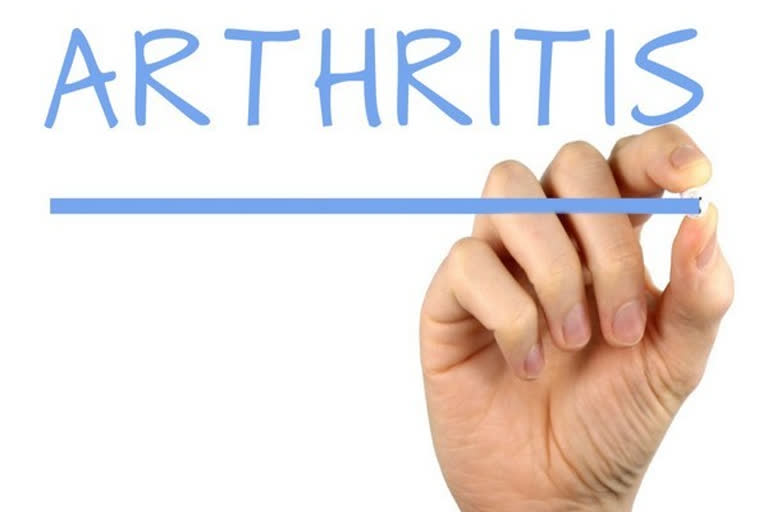Washington [US]: According to a recent study, medications frequently prescribed to patients to reduce joint inflammation may also lessen the risk of cardiovascular disease in those with rheumatoid arthritis, who are at an elevated risk for the condition. The study, titled, 'Reducing cardiovascular risk with immunomodulators: a randomised active comparator trial among patients with rheumatoid arthritis', was published in the journal Annals of Rheumatic Diseases.
"The reassuring message is that as your joints are improving with RA treatments, so too is your risk for cardiovascular disease," says Joan Bathon, MD, a co-leader of the study and professor of medicine and director of the division of rheumatology at Columbia University Vagelos College of Physicians and Surgeons.
Recent clinical trials have shown that immunomodulators-drugs that decrease inflammation-significantly reduce heart attacks, strokes, and other cardiovascular events in people with cardiovascular disease. But it was not clear if these drugs have a similar effect on people with rheumatoid arthritis, who have a 50 per cent higher risk of heart disease than the average person.
Also read: Study finds even early forms of liver disease affect heart health
More than 1.3 million adults in the United States have rheumatoid arthritis, a chronic autoimmune and inflammatory disease that causes painful joint swelling. It's known that inflammation leads to atherosclerosis and contributes to heart disease, which may explain the elevated rates of heart disease in people with rheumatoid arthritis.
Methotrexate is the first treatment choice for patients with moderate to severe rheumatoid arthritis, but most RA patients will go on a Tumor Necrosis Factor inhibitor (TNFi) or triple therapy (methotrexate plus sulfasalazine and hydroxychloroquine) at some point. In the new study, led by researchers at Columbia University and Brigham and Women's Hospital, 115 adults with moderate to severe rheumatoid arthritis despite treatment with methotrexate were randomized to add a TNFi-either adalimumab (Humira) or etanercept (Enbrel)-or to go on triple therapy. After six months, both groups had similar reductions in arterial inflammation, a proxy for heart disease risk, and RA disease activity.
"We were surprised to see that both of these powerful anti-inflammatory treatment strategies reduced heart disease risk in patients with rheumatoid arthritis," Bathon says. "Doctors still need to pay attention to the usual heart disease risk factors, such as high cholesterol, high blood pressure, and obesity. But since inflammation-a key feature of RA-elevates cardiovascular risk even further, reducing inflammation by treating the arthritis is a novel mechanism to reduce heart disease risk in these patients." (ANI)
(This story has not been edited by ETV Bharat and is auto-generated from a syndicated feed.)



